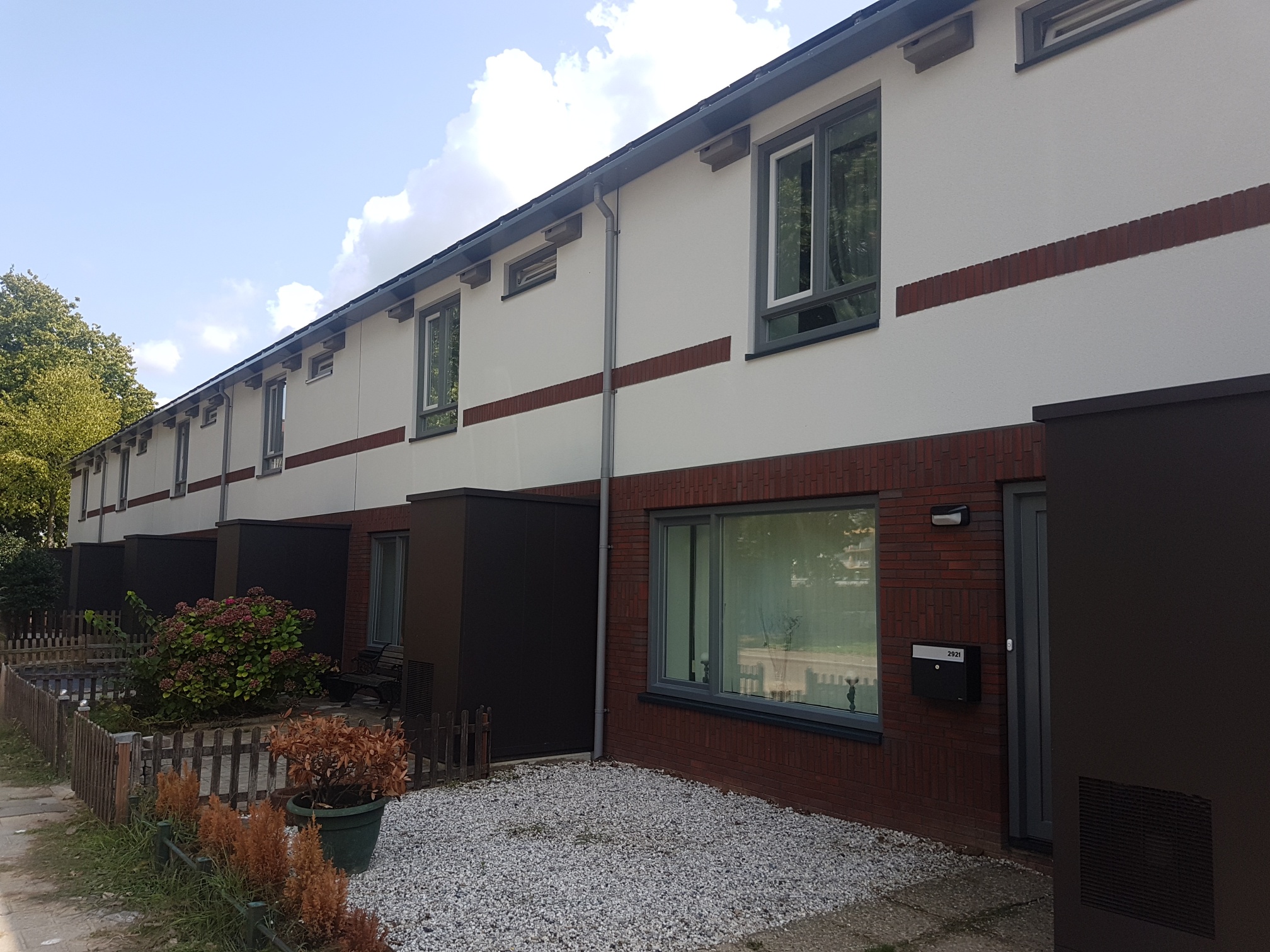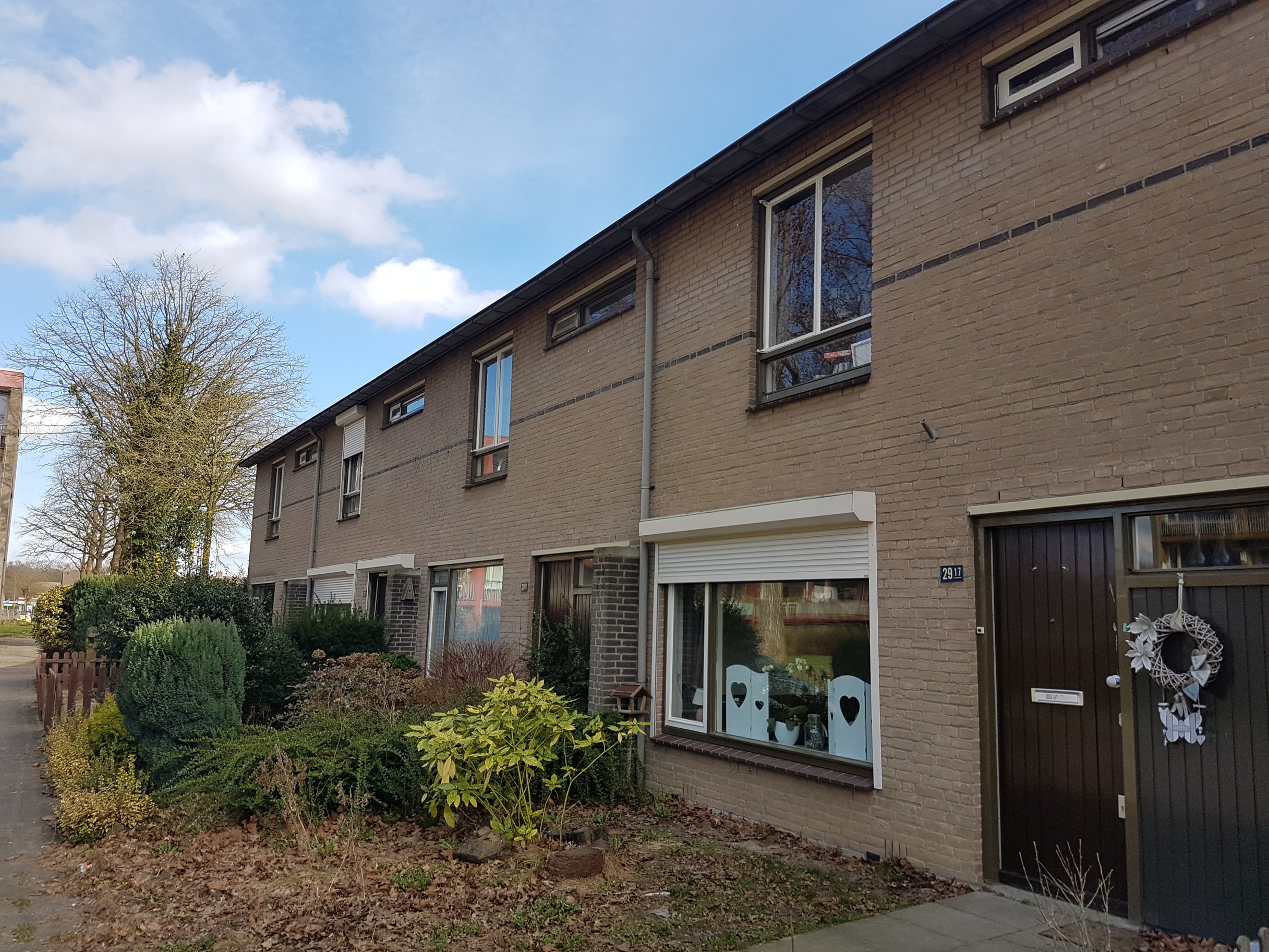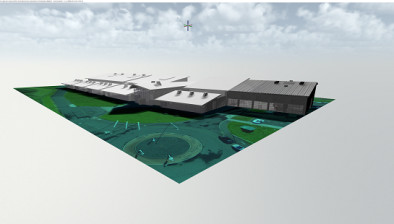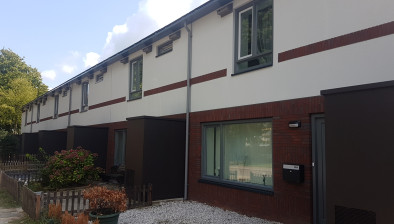University of Strathclyde to help make 22 million homes energy neutral
The University of Strathclyde has joined the European Green Initiative that will design innovative factories to support the transformation of 22 million homes in Europe which must become energy-neutral before 2050.

House in Nijmegan, Holland after refurbishment
Named INDU-ZERO, the three-year project aims to industrialise housing by creating a blueprint for an autonomous factory that adopts Industry 4.0 technologies and can manufacture 15,000 refurbishment kits per year. Similar factories will then follow the blueprint across several European countries.
Supported by Interreg North Sea Region (NSR), the initiative encompasses the areas of Norway, Denmark, the UK, Belgium, Germany, the Netherlands and Sweden that border the North Sea, currently home to about 60 million people.
The project intends to stimulate the European building sector, which does not currently have the necessary production facilities to support this huge task. The project will focus on properties built between 1950 and 1985 that must become more sustainable to meet EU energy and climate targets.
The refurbishment kits will be placed over the chosen houses and feature clever solutions for sustainable energy production and increased comfort of living, such as solar panels, heat pumps and ventilation. Significantly reducing energy costs, they will also significantly contribute to achieving national climate change targets.

House in Nijmegan, Holland before refurbishment
The University of Strathclyde’s Space Mechatronic Systems Technology Lab (SMeSTech) and Advanced Forming Research Centre (AFRC) based in its Design, Manufacture & Engineering Management department (DMEM) and its Energy System Research Unit (ESRU) have all joined the consortium with partners from The Netherlands, Belgium, Germany, Sweden and Norway.
Professor Xiu Yan, director of SMeSTech lab and Indu-Zero project leader, said: “This is a very ambitious project aiming to address the real challenge faced by millions of people living in energy inefficient homes in the North Sea region. The University’s multi-disciplinary team have blended their expertise to lead key work packages within this challenging and potentially impactful project”.
The AFRC and SMeSTech will create a blueprint of an autonomous factory using expertise in smart manufacturing and advanced digital manufacturing technologies, employing laser scanning techniques to map out renovation packages bespoke to house designs.
ESRU will use simulations to investigate the energy and comfort impacts of proposed renovation packages to ensure that they are fit for purpose. In the longer term, the intention is to integrate building performance simulation into the factory blueprint in support of both design and manufacturing processes.
Danny McMahon, senior manufacturing engineer and team lead for digital manufacturing at the AFRC, said: “This is a really exciting project that could have a big impact on achieving climate targets, reducing energy costs for homeowners and boosting sustainability. Manufacturing the packs needed to refurbish 22 million homes by 2050 is an enormous task, one that the current building sector cannot meet without help. INDU-ZERO is a direct response to this, designing factories that will manufacture renovation kits efficiently, benefiting from new manufacturing technologies and making small quantities per region to decrease transportation needs.”





















